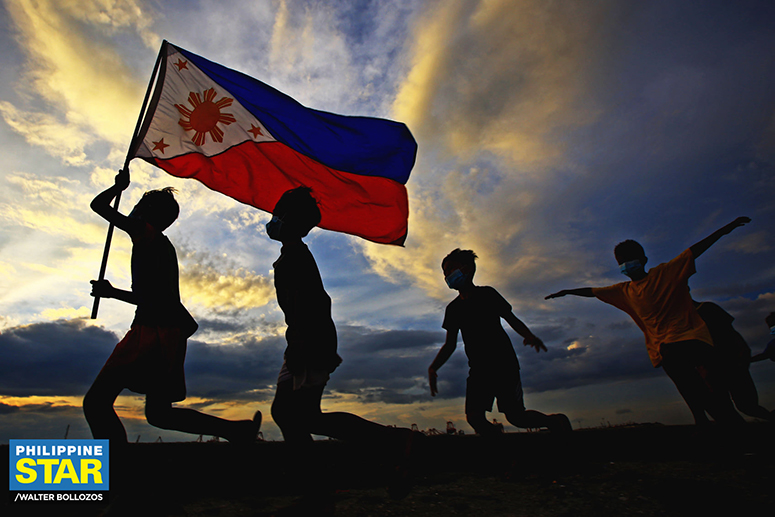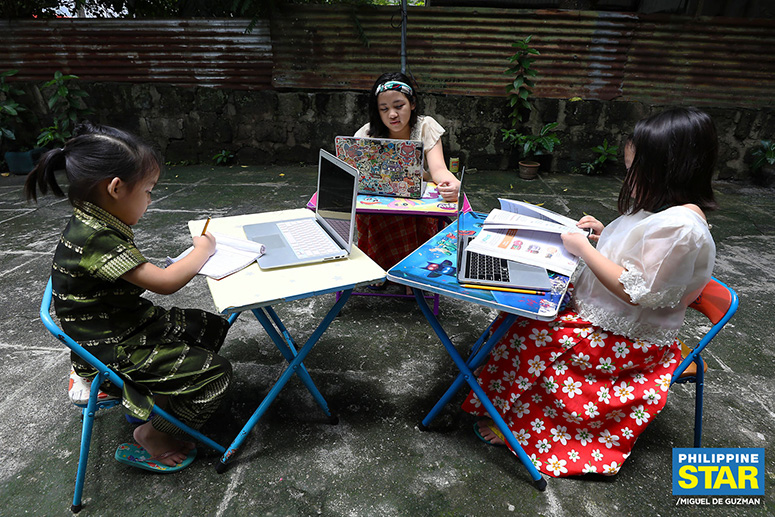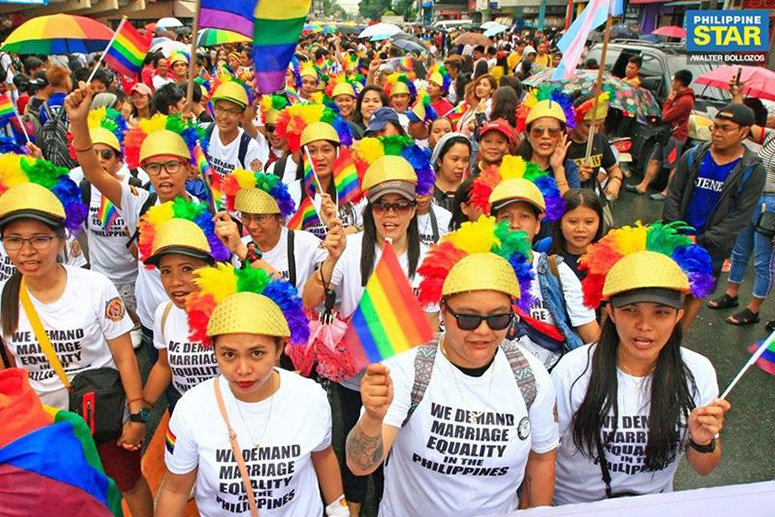Let's vote like kids

Elections are not a new thing for children. Learners as young as those in Grade 1 begin to elect classroom officers such as a president, a vice president, a muse, and an escort. For children, electing a homeroom president is no joke, because it is the president who will facilitate their class meetings, implement rules, and report mischievous acts of classmates to the classroom adviser. Those perceived to be the most responsible in the class have higher chances of being elected to the top positions.
By law, children are not allowed to vote. But what if there is an alternate universe where they may vote freely based on facts and without pressure from authorities?
In Philippine elections that are run by adults, candidates can win top positions even if they have evaded paying taxes, are corrupt and inhumane, or are simply popular. This tempts us into asking: Don’t we, in fact, regress in our political decisions as we age?
For sure, children wouldn’t reelect a former classroom treasurer who took home a portion of the class funds to pay for personal expenses. They may forgive their classmate (who should sincerely apologize), but they will not forget what that classmate did; even after graduation, such a story will be part of conversations in their future meetups or reunions as alumni of their school.

The peace corps officer acts like the law enforcer inside the classroom. The class will elect the one person among them who can help maintain discipline, and surely not the bullies who might use the position to power-trip classmates.
Of course, we can’t forget the muse and escort. The popular ones can easily snatch these posts. Acting as class ambassadors, they are designated to represent the class in inter-homeroom competitions or pageants.
Now let’s explore how children will vote on issues that affect the people and the planet.
I doubt that children, as the primary stakeholders in education, will vote against the much-awaited, long-overdue safe reopening of schools. They will support the provision of student aid so that their families can cope with rising school fees, transportation costs, and gadget expenses.

As the future workforce of the country, children will vote to receive living wages and have decent regular jobs in the country. Support for agriculture will not be a debatable issue, especially for children who may want to work in agriculture but cannot do so due to lack of state support for the sector.
Children will vote to arrest and jail corrupt and abusive public officials. That is, before they are indoctrinated into surrendering to the belief that corruption and injustice are constants in our society, and that we have no other option but to maximize our personal gains inside a dysfunctional system.
What are supposed to be simple decisions in the eyes of the child can become inconvenient discussion points for adults.
Before acquiring the biases that are passed on from generation to generation, children will likely vote for equality and will shun discrimination against their peers based on race, sexual orientation, gender identity and expression, religion, or economic status.
Children will vote to stop the operations of big polluters who contribute to the destruction of the environment. Children stand to inherit whatever is left of the planet, so they will understand the urgency of addressing climate change now and exacting action from those in power.

Decision-making in elections and major issues will be much easier for our children. In Philippine elections that are run by adults, candidates can win top positions even if they have evaded paying taxes, are corrupt and inhumane, or are simply popular. This tempts us into asking: Don’t we, in fact, regress in our political decisions as we age?
When faced with a grave crisis, we can learn from what children in the classroom are now learning to do to demand urgent attention from their teachers and the school authorities: Speak up and walk out together.
Unlike the classroom, our country is one giant host to traditional politics, which can do wonders in unduly influencing people — through vote-buying, disinformation, and the demonization of opponents, among others. After the vote, citizens are then declared to have “democratically elected” their new set of oppressors, who will now use all possible means to amass wealth for themselves and quash dissent.
Alongside traditional politics, our economic and political systems have become too rotten to the point that, as we grow older, we are expected to compromise the values we have cherished since childhood for the sake of practicality or survival. What are supposed to be simple decisions in the eyes of the child can become inconvenient discussion points for adults — for instance, calling out public officials to obey the law by paying the right taxes.
When matters seem to become too complicated for us to make wise decisions, it can help to step back and look at the world from the perspective of children. When faced with a grave crisis, we can learn from what children in the classroom are now learning to do to demand urgent attention from their teachers and the school authorities: Speak up and walk out together.


